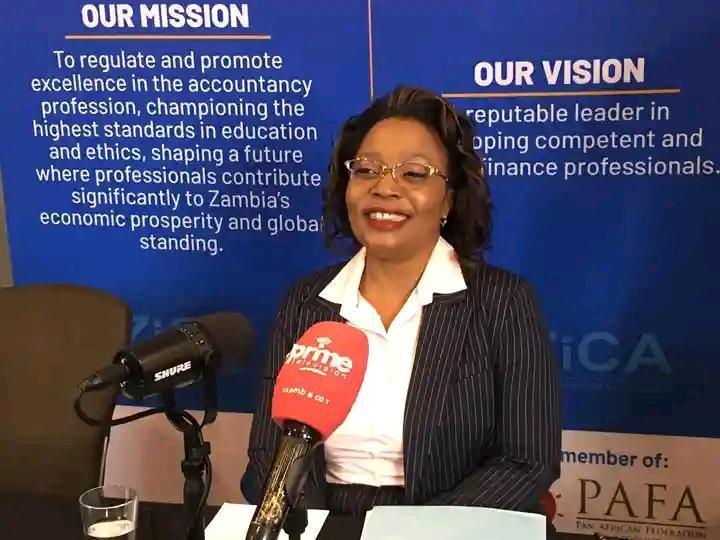Africa-Press – Zambia. The Zambia Institute of Chartered Accountants (ZICA) has issued a strong warning against the enactment of the controversial Land Administration Bill No. 13 of 2024, citing potentially devastating consequences for the country’s economic stability, investment climate, and land administration systems.
In a statement delivered by ZICA President Mrs. Yande Siame Mwenye, the institute called on the government to immediately withdraw the Bill and conduct widespread consultations with stakeholders before moving forward with any legislative action.
One of the major concerns highlighted by ZICA is the legal uncertainty surrounding land ownership that the Bill introduces. The organization emphasized that unclear land tenure laws will scare away both local and foreign investors, particularly in agriculture, real estate, and manufacturing sectors where long-term land security is crucial.
“It is nearly impossible for any serious investor to commit to large-scale infrastructure or production projects without guarantees of ownership. Bill 13 severely threatens that security,” Mrs. Mwenye stated.
ZICA also pointed out the risk of property value impairment. If the government is allowed to revoke land titles at will, property values could plummet due to fears of future disputes or nullifications. This, the institute says, will create a chilling effect on Zambia’s land market.
From an accounting standpoint, land is traditionally classified as a non-depreciable asset with an infinite lifespan. However, the uncertainty created by Bill 13 may force reevaluation of that principle, especially if land ownership can no longer be guaranteed.
Financial institutions are another sector expected to suffer. ZICA warns that banks and lenders may lose confidence in accepting land as collateral, severely limiting access to credit for businesses and individuals alike.
“This Bill will disproportionately affect smallholder farmers, startups, and emerging entrepreneurs who rely on land-based collateral to access funding. Without it, many could be pushed out of business,” the statement read.
ZICA further cautioned that the ripple effects of Bill 13 could increase the cost of capital, as lenders raise interest rates to hedge against risk. In a country already battling inflation and economic uncertainty, this could worsen the financial strain on ordinary Zambians.
The institute stressed that while the intentions of addressing fraudulent allocations and double titling are valid, the Bill lacks sufficient safeguards and opens the door for abuse of power and administrative overreach.
ZICA’s call for action includes urging government to engage all key stakeholders, such as the Law Association of Zambia (LAZ), banks and financial institutions, business associations, civil society groups, and the general public before enacting any land reforms.
“Land is not just a legal matter; it is an economic pillar. Its regulation must be guided by transparency, accountability, and stakeholder consensus,” said Mrs. Mwenye.
For More News And Analysis About Zambia Follow Africa-Press







